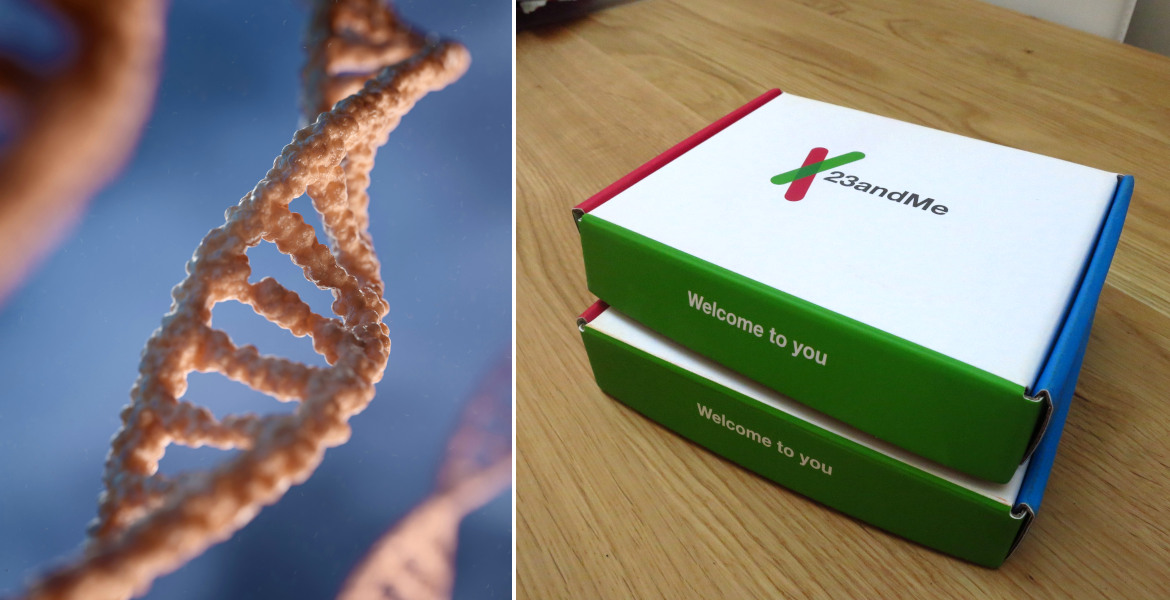You sit down to relax, put on your favorite show, and settle in for a night of binge-watching. But while you’re watching your TV… your TV is watching you.
Smart TVs take constant snapshots of everything you watch. Sometimes hundreds of snapshots a second.
Welcome to the future of “entertainment”.
Smart TVs are just modern TVs. It’s almost impossible to buy a non-smart TV anymore. And they’re basically just oversized internet-connected computers. They come preloaded with apps like Amazon Prime Video, YouTube, and Hulu.
They also come preloaded with surveillance.
A recent study from UC Davis researchers tested TVs from Samsung and LG, two of the biggest players in the market, and came across something known as ACR: Automatic Content Recognition.
ACR is a surveillance technology built into the operating systems of smart TVs. This system takes continuous snapshots of whatever is playing to identify exactly what is on the screen.
LG’s privacy policy states they take a snapshot every 10 milliseconds. That’s 100 per second.
Samsung does it every 500 milliseconds.
From these snapshots, the TV generates a content fingerprint and sends it to the manufacturer. That fingerprint is then matched against a massive database to figure out exactly what you’re watching.
Let that sink in. Your television is taking snapshots of everything you’re watching.
And it doesn’t just apply to shows you’re watching on the TV. Even if you plug in your laptop and use the TV as a dumb monitor, it’s still taking snapshots.
- Zoom calls
- Emails
- Banking apps
- Personal photos
Audio or video snapshots, or sometimes both, are being collected of all of it.
Currently, the way ACR works, the snapshots themselves are not necessarily sent off-device, but your TV is still collecting them. And we all know that AI is getting better and better. It’s now possible for AI to identify everything in a video or photo: faces, emotions, background details.
As the technology continues to improve, we should presume that TVs will move from fingerprint-based ACR to automatic AI-driven content recognition.
As Toby Lewis from Darktrace told The Guardian:
“Facial recognition, speech-to-text, content analysis—these can all be used together to build an in-depth picture of an individual user”.
This is where we’re headed.
TV manufacturers don’t just sit on this data. They monetize it.
Viewing habits are combined with data from your other devices: phones, tablets, smart fridges, wearables. Then it’s sold to third parties. Advertisers. Data brokers. Political campaigns.
One study found that almost every TV they tested contacted Netflix servers, even when no Netflix account was configured.
So who’s getting your data?
We don’t know. That’s the point.
Let’s say your TV learns that:
- You watch sports every Sunday
- You binge true crime on weekdays
- You play YouTube fashion hauls in the afternoons
These habits are then tied to a profile of your IP address, email, and household.
Now imagine that profile combined with:
- Your Amazon purchase history
- Your travel patterns
- Your social media behavior
- Your voting record
That’s the real goal: total psychological profiling. Knowing not just what you do, but what you’re likely to do. What you’ll buy, how you’ll vote, who you’ll trust.
In other words, your smart TV isn’t just spying.
It’s helping others manipulate you.
Because they don’t want you to know.
When TV manufacturers first started doing this, they never informed users. The practice slipped quietly by.
A 2017 FTC lawsuit revealed that Vizio was collecting viewing data from 11 million TVs and selling it without ever getting user consent.
These days, companies technically include “disclosures” in their Terms of Service. But they’re buried under vague names like:
- “Viewing Information Services”
- “Live Plus”
- “Personalized Experiences”
Have you ever actually read those menus? Didn’t think so.
These aren’t written to inform you. They’re written to shield corporations from lawsuits.
If users actually understood what was happening, many would opt out entirely. But the system is designed to confuse and hide from you the truth that surveillance devices entered our living rooms and bedrooms without us realizing.
Not only are these systems intentionally opaque and confusing, companies design them to discourage scrutiny.
And when researchers try to investigate these systems, they hit two major roadblocks:
- Technical – Jailbreaking modern Smart TVs is nearly impossible. Their systems are locked down, and the code is proprietary.
- Legal – Researchers who attempt to reverse-engineer modern-day tech risk being sued under the Computer Fraud and Abuse Act (CFAA), a vague and outdated law that doesn’t distinguish between malicious actors and researchers trying to inform the public.
As a result, most of what we know about these TVs comes from inference. Guessing what’s happening by watching network traffic, since direct access is often blocked.
That means most of this surveillance happens in the dark. Unchallenged, unverified, and largely unnoticed.
We need stronger protections for privacy researchers, clearer disclosures for users, and real pressure on companies to stop hiding behind complexity.
Because if we can’t see what the tech is doing, we can’t choose to opt out.
Here are the most effective steps you can take to protect your privacy:
1. Don’t connect your TV to the internet.
If you keep the Wi-Fi off, the TV can’t send data to manufacturers or advertisers. Use a laptop or trusted device for streaming instead. If the TV stays offline forever, the data it collects never leaves the device.
2. Turn off ACR settings.
Dig through the menus and disable everything related to viewing info, advertising, and personalization. Look for settings like “Live Plus” or “Viewing Information Services.” Be thorough. These options are often buried.
3. Use dumb displays.
It’s almost impossible to buy a non-smart TV today. The market is flooded with “smart” everything. But a few dumb projectors still exist. And some monitors are safer too, though they don’t go to TV sizes yet.
4. Be vocal.
Ask hard questions when buying devices. Demand that manufacturers disclose how they use your data. Let them know that privacy matters to you.
5. Push for CFAA reform.
The CFAA is being weaponized to silence researchers who try to expose surveillance. If we want to understand how our tech works, researchers must be protected, not punished. We need to fight back against these chilling effects and support organizations doing this work.
The Ludlow Institute is now funding researchers who reverse-engineer surveillance tech. If you’re a researcher, or want to support one, get in touch.
Smart TVs are among the most aggressive tracking devices in your home. But they’re not alone. Nearly every “smart” device has the same capabilities to build a profile on you: phones, thermostats, lightbulbs, doorbells, fridges.
This surveillance has been normalized. But it’s not normal.
We shouldn’t have let faceless corporations and governments into our bedrooms and living rooms. But now that they’re here, we have to push back.
That starts with awareness. Then it’s up to us to make better choices and help others do the same.
Let’s take back our homes.
Let’s stop normalizing surveillance.
Because privacy isn’t extreme.
It’s common sense.
Yours in Privacy,
Naomi











